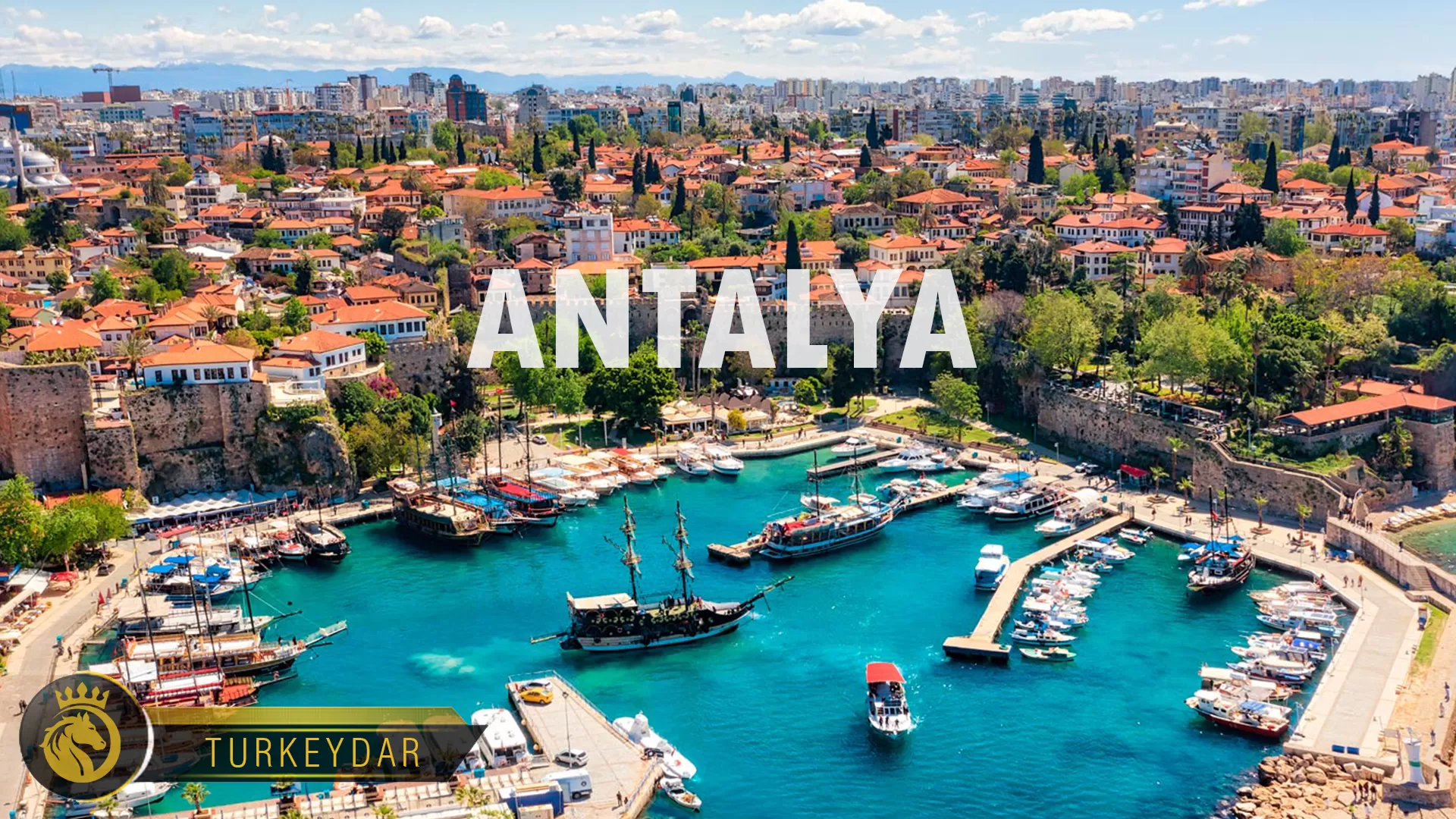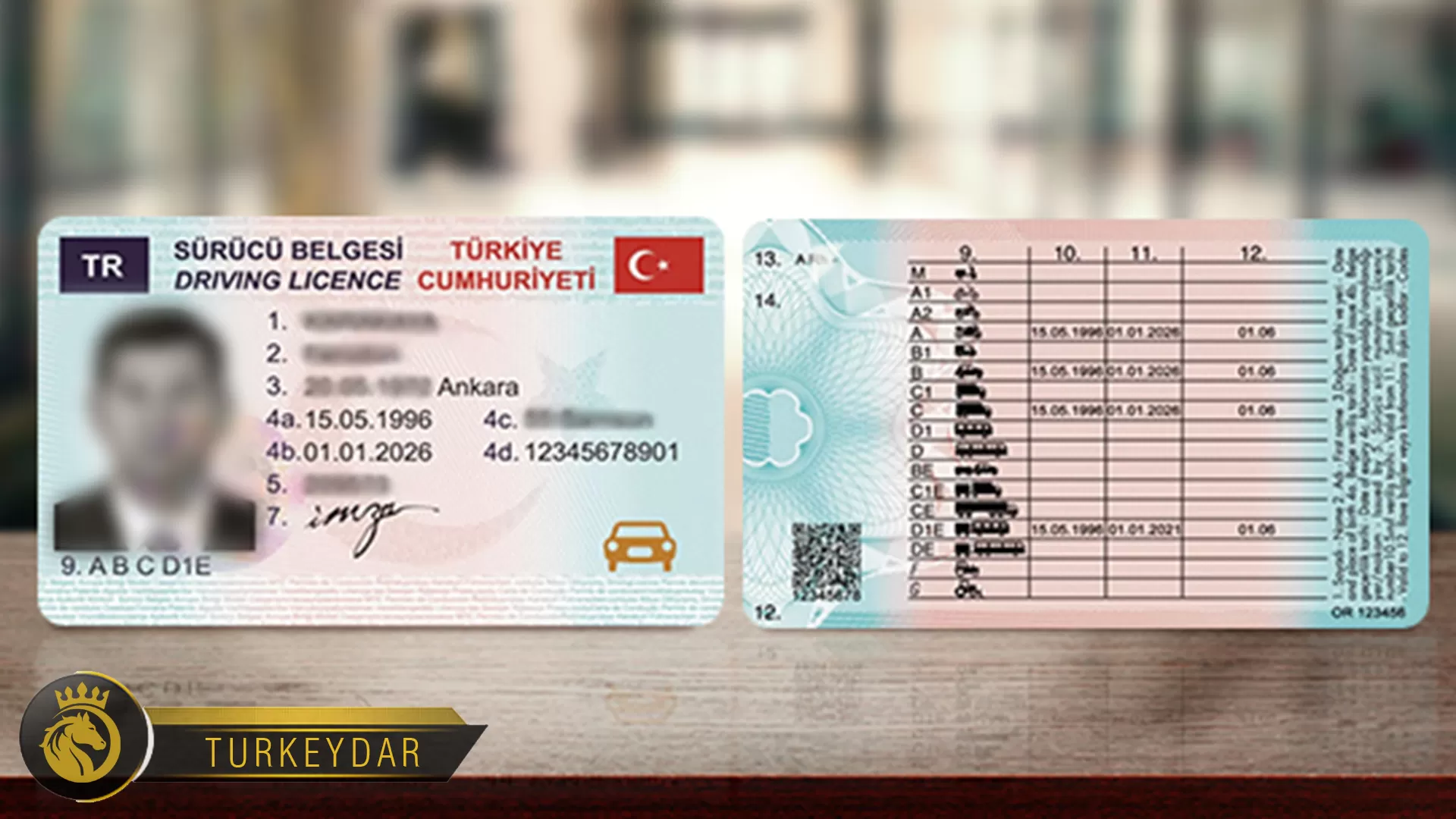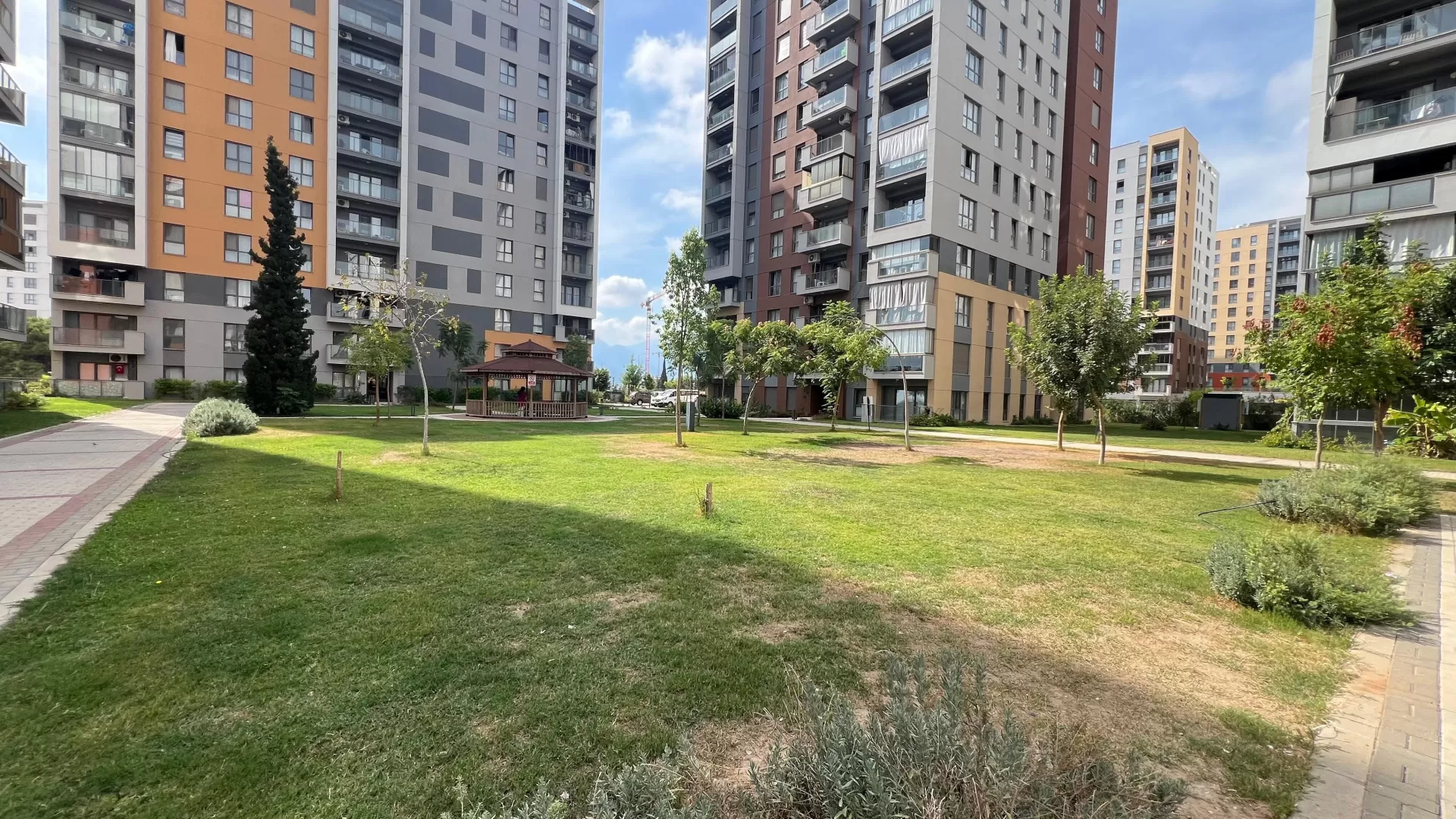
Earthquake insurance is mandatory in Turkey, and it concerns real estate in Turkey, whether residential or non-residential, as it aims to reduce expenses for real estate investors in Turkey when disasters occur.
Earlier in 2000, the Turkish government issued a compulsory law to insure against earthquakes and natural disasters that the country may be exposed to, and this law came after the devastating Marmara earthquake in the state of Izmit (Gölcük depremi) that occurred in 1999, which recorded a magnitude of 7.6 Richter scale, the earthquake lasted for only 37 seconds, leaving 17,000 dead and massive property collapse, in addition to more than half a million displaced people and the disaster management announced that the has become a disaster area.
Accordingly, the Turkish government has since obligated Turkish homeowners and construction companies to obtain insurance against earthquakes and natural disasters for their properties, which is called DASK in relation to the institution that was established since that time, which is called the Pest and Natural Disaster Insurance Corporation (DASK) of the Turkish Ministry of Finance, to be the institution for which earthquake insurance is paid in Turkey.
Accordingly, it has become conditional on owners of real estate of all kinds to obtain compulsory insurance against earthquakes when purchasing a property in order to be able to obtain a subscription to electricity, water and natural gas and to ensure that the building matches the specifications and conditions of earthquakes.
Earthquake insurance in Turkey is paid by banks, post office, and insurance companies.
The value of earthquake insurance in Turkey is related to the area of the property, but the annual insurance value is between 35 Turkish liras and up to 250 Turkish liras and varies according to the building area, and is renewed annually for each property.
And earthquake insurance includes:
• Real estate equipped for housing (apartments, villas, buildings, etc., registered with the Land Registry Department in Turkey,
• Real estate prepared for work, such as offices registered in the Land Registry Department in Turkey
• Parts of floors subject to property law: rooftops, garage, service facilities.
• The buildings that the Turkish state creates for public services or gives them to the population in times of disaster.
• Buildings that meet the construction requirements but do not have the construction description “commercial or residential”.
• Buildings that have a "real estate easement" deed: that is, under construction, but which meet the conditions of construction and real estate records, and have an easement title.
The construction parts covered by earthquake insurance in Turkey:
It includes building foundations, foundation walls, partition walls, garden walls, retaining walls, ceilings and floors, staircases and elevators, skylights, corridors, roofs, chimneys and complementary parts at the top of the building.
As for the matters that are not covered by earthquake insurance in Turkey, they are:
• The costs of removing rubble.
Loss of profits.
Suspension from work.
• Deactivating the rent.
Expenses of the home / alternative workplace.
• The financial responsibilities that the home owner can bear as a result of the damage.
• All kinds of merchandise, furniture and luggage.
• Bodily damage and death.
Moral damages.
• Damage caused by an earthquake to construction, and it is caused by a malfunction or a deficiency in the building
How does the Turkish government invest the (earthquake insurance) :
This law helps obtaining earthquake-resistant buildings and facilities that preserve citizens' lives and mitigate damage in the event of an earthquake.
Providing full support to those affected by an earthquake in all its forms, in kind, in cash, and in logistical
Reducing the responsibility over the government in the event of earthquakes by establishing a fund to help those affected by earthquakes.
Reaching the Turkish state to the ranks of developed countries through strong and earthquake-resistant infrastructure.
Contribute to raising awareness among citizens in the event of earthquakes or natural disasters.









